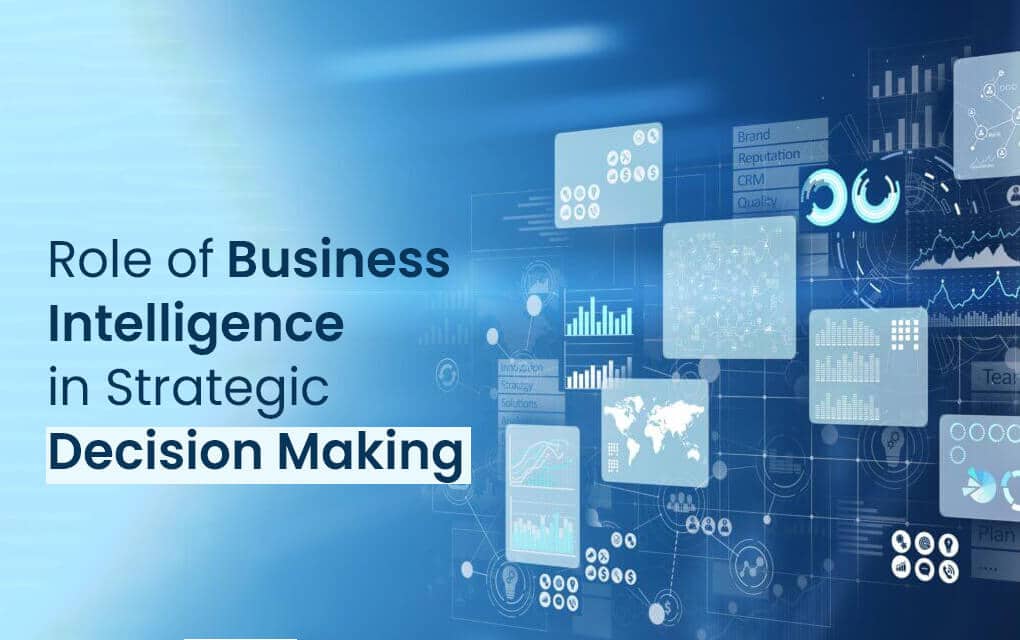In today’s fast-paced business landscape, the successful navigation of intricate market dynamics hinges on one critical asset: information. Corporate intelligence embodies this notion, transforming raw data into actionable insights that drive strategic decision-making.
It encompasses a spectrum of methodologies—from market research and competitor analysis to data mining and predictive analytics—each playing a vital role in illuminating the path forward. As organizations grapple with the sheer volume and complexity of available information, leveraging corporate intelligence becomes not just an advantage but a necessity.
This article delves into the essence of corporate intelligence, exploring how businesses can effectively harness data to inform their strategies, anticipate market shifts, and ultimately foster sustainable growth in an ever-evolving environment. The fusion of technology and savvy business acumen in this arena paves the way for a future where informed decisions reign supreme.
Introduction to Corporate Intelligence

In the rapidly evolving landscape of modern business, understanding the intricacies of Corporate Intelligence has become indispensable for organizations striving to maintain a competitive edge. Corporate Intelligence refers to the systematic gathering, analyzing, and interpreting of data related to industry trends, market dynamics, and competitors.
This multidimensional approach enables companies to transform raw information into actionable insights, guiding strategic decision-making. Consider the implications: with the right data, a business can not only anticipate market shifts but also identify emerging opportunities before they become apparent to others.
In an era where information is both abundant and accessible, mastering Corporate Intelligence is not just advantageous; it is essential for any organization aspiring to thrive in an unpredictable marketplace.
he Key Components of Corporate Intelligence
Corporate intelligence is built upon several key components that collectively enhance its value and efficacy in guiding strategic business decisions. At the forefront is data collection, which involves gathering vast amounts of information from diverse sources—market reports, competitor analyses, consumer behavior patterns, and social media insights, to name a few.
Equally critical is data analysis, where sophisticated tools and methodologies uncover hidden trends and actionable insights, enabling companies to foresee market shifts and customer preferences. Additionally, the integration of technology, such as artificial intelligence and machine learning, plays a pivotal role in automating processes and refining predictive models.
Ultimately, collaboration across departments is vital; cross-functional teams ensure that the intelligence gathered aligns with the organizations strategic goals, fostering an environment where informed decisions can flourish. In this intricate web of components, corporate intelligence transforms raw data into a powerful ally, empowering businesses to navigate the complex waters of modern markets with confidence and agility.
The Role of Corporate Intelligence in Strategic Decision-Making

Corporate intelligence serves as a powerful tool in the realm of strategic decision-making, where understanding market dynamics and consumer behaviors is paramount. By collecting and analyzing vast amounts of data, businesses can uncover insights that drive innovation and competitive advantage.
Imagine, for instance, a company assessing emerging trends in consumer preferences; armed with this knowledge, they can pivot their strategies to better align with market demands. Yet, its not merely about acquiring data—its about synthesizing it into actionable intelligence.
Senior leaders rely on these insights to not only foresee potential risks but also to seize unforeseen opportunities, shaping their long-term vision with a precision that was once unimaginable. In this complex landscape, the ability to transform raw data into strategic foresight equips organizations to navigate challenges and thrive amidst uncertainty.
Conclusion

In conclusion, corporate intelligence represents a vital tool for businesses seeking to leverage data for strategic decision-making. By harnessing insights from diverse data sources, organizations can better understand market trends, customer behavior, and competitive dynamics, enabling them to make informed choices that drive success.
As highlighted by experts like CT Group intelligence, effective corporate intelligence not only enhances operational efficiency but also fosters innovation and adaptability in an ever-changing business landscape. Ultimately, the ability to synthesize and analyze data empowers companies to stay ahead of the curve and realize their long-term objectives, underscoring the importance of integrating corporate intelligence into the core of business strategy.


